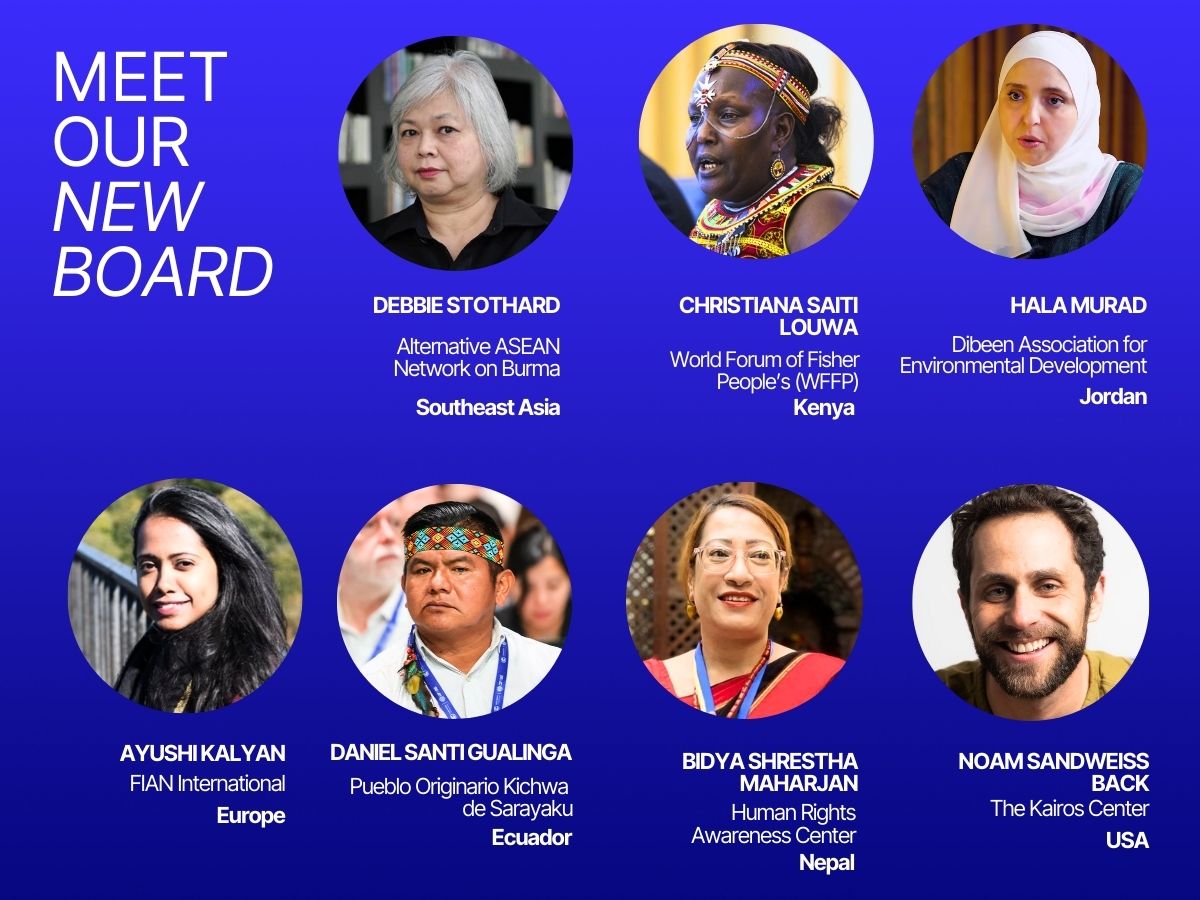On behalf of more than 300 members of ESCR-Net – International Network for Economic, Social and Cultural Rights across 80 countries, we extend our deepest solidarity with the Movimento dos Trabalhadores Rurais Sem Terra (MST) in the wake of the tragic attack on January 10, 2025, at the Olga Benário settlement in Tremembé, São Paulo state. This violent incident, which claimed the lives of Valdir do Nascimento and Gleison Barbosa Carvalho and left six others injured, represents a grave attack on land defenders and the broader fight for economic, social, and cultural rights.
We condemn this senseless violence and stand firmly with MST in their courageous struggle for agrarian reform, equitable access to land, and dignity for rural communities. This attack underscores the systemic risks faced by those who challenge entrenched inequalities and demand transformative social change in line with internationally recognized human rights.
We echo MST’s calls for the Brazilian government to:
- Conduct a full, transparent, and impartial investigation into this attack and ensure justice for the victims and their families.
- Fulfill its obligations under international human rights law to protect rural communities and land defenders.
- Commit to advancing policies that address structural inequalities in land distribution, tackle violence against social movements, and uphold economic, social, and cultural rights.
As a Network, we are united with MST and all those striving to dismantle oppressive systems and build a world where human rights are fully realized for all.


